This article explains the conditions that can lead to pregnancy after taking morning-after pill. The morning-after pill, also called emergency contraception or Plan B, can be used to prevent pregnancy following unprotected sexual activity.
pregnancy can still occur after taking the morning-after pill. The morning-after pill can be affected by a number of factors. Here are the conditions that can lead to pregnancy following morning-after-pill use.
1. You’re Ovulating
The morning-after pills work by delaying the release of an egg from the ovary. The pill delays ovulation and disrupts the cycle. This makes it less likely that sperm will meet an egg to fertilize it. Some morning-after pill types can also thicken the cervical mucus. This makes it more difficult for sperms to reach an egg. The morning-after pill’s effectiveness is decreased if you are already ovulating at the time you take it. It can still prevent pregnancy but the chances of it are less than during non-ovulatory times [ 1].
2. Ingestion time
This simply means that the pill was taken too late. The more effective the pill is the sooner you take it after unprotected sexual activity. The longer you wait before taking the pill, the less effective it is. It is because the main mechanism of the morning-after pill is to delay ovulation. The closer you are towards ovulation when taking it, the lower the chances of success. Timing is a major factor in the effectiveness of morning-after pills.
- Both types of MAP can be prevented by taking the medication within 24 hours.
- Levonorgestrel’s MAP efficacy drops between 24 and 48 hours to around 85%. ellaOne, however, remains at around 98%.
- Levonorgestrel’s MAP effectiveness falls to 58% between 48 and 72 hours, while ellaOne remains over 95% effective.
- After 72 hours, Levonorgestrel MAP should not be used. ellaOne is less effective but still possible.
3. You vomited within 2 hours after taking the pill
The morning-after pill’s effectiveness depends on the amount of medication that is absorbed into your body prior to vomiting. If you vomit within two hours, the medication may not have been absorbed fully, reducing its effectiveness to prevent pregnancy.
It is also important to consider the type of morning after pill. Levonorgestrel-based pills like Plan B One-Step may be less effective if you throw up within 2 hours, while ulipristal acetate-based pills like ellaOne have a longer absorption window and may still be effective[3].
4. You have had unprotected sexual activity
After taking the morning-after pill, you can have unprotected sexual activity again. However, it only works during the cycle for which the pill was taken. Remember that the morning-after pill delays ovulation and gives the egg and the sperm less opportunity to meet. The pill does not affect future cycles once ovulation occurs or has passed.
5. You are on medication
Antibiotics and HIV/AIDS medications, as well as herbal supplements and anticonvulsants can reduce the effectiveness of morning after pill. It happens because these medications can increase the breakdown of MAP. It means that less medication is absorbed and its effectiveness will be reduced. The MAP can also be delayed by any of these medications. This allows the pill to have less time before ovulation and may lower its chances of success.
6. Your body mass index is higher
According to research, the effectiveness of MAPs based on levonorgestrel like Plan B One Step may be lower for individuals with higher BMI. The data is not conclusive, but the estimated decrease is small. Plan B One Step, for example, is effective in 95% of cases with normal BMI. However, the same study suggests that the effectiveness could drop to 85% if the BMI falls into the obese range.
Evidence is not as clear on the effect of BMI when it comes to ulipristal acetate based MAPs such as ellaOne. Some studies indicate that it could be more effective than levonorgestrel based MAPs in individuals with higher BMI. However, more research is required.
Why Are Periods Unregular?
Will the baby be harmed if the morning after pill does not work?
If the morning-after pill fails to prevent pregnancy it will not harm your baby. Emergency contraception pills do not harm the fetus and are not effective in ending a pregnancy. If a woman uses the morning-after pill, and then finds out that she is pregnant, it will not affect the fetus.
How long will the morning after pill stay in your system?
The morning-after pills typically stay in the body only for a short period of time . Specific durations can be determined by factors such as metabolism and age. A single dose of 30mg ulipristal, an ingredient commonly found in the morning after pill, can last up to 32 hours. Its concentration will also drop by half during this time. It is important to remember that the morning-after pill is intended for emergency use in cases of contraceptive failures or unprotected sexual activity. The medication is only effective during a single intercourse. The pill is not meant to be used as a form of regular contraception. Emergency contraception must be used as soon as possible and within 120-hours of unprotected sexual activity. Alternative options, such as a hormonal or copper IUD, may be considered if more than three days has passed since the unprotected intercourse. Always follow the instructions that come with the morning after pill, and consult your healthcare provider for advice.
Does the morning after pill still work if you have already ovulated?
Plan B and other morning-after pills work by delaying the ovulation. The morning-after pill is less effective if ovulation already has occurred. Its primary goal is to prevent an egg from being released. It’s important to note that sperm may survive for up six days in the body, so taking the morning after pill is still worthwhile if you are not sure if you have ovulated. The morning-after pill’s effectiveness is reduced significantly if the ovulation process has already occurred. Alternative options, such as the copper intrauterine devices (IUD), may be more effective at preventing pregnancy in these cases. Consider the timing of the ovulation, and seek medical advice on the best emergency contraception for your individual circumstances.

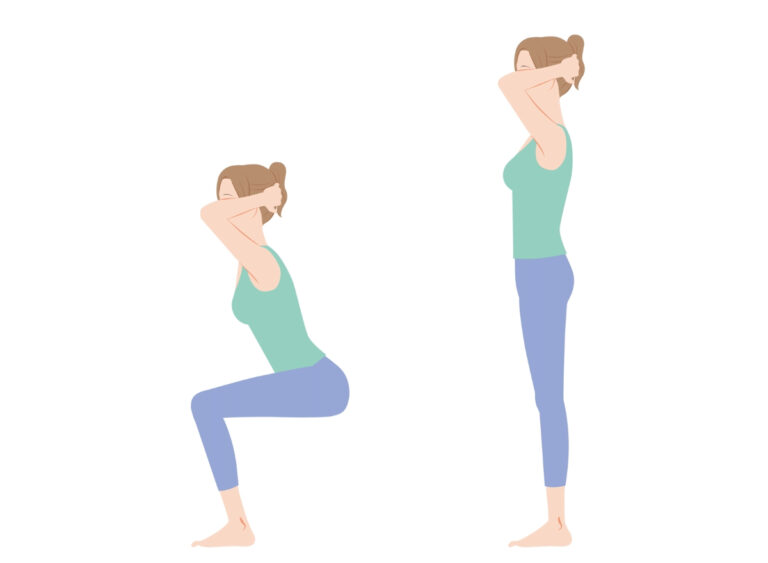

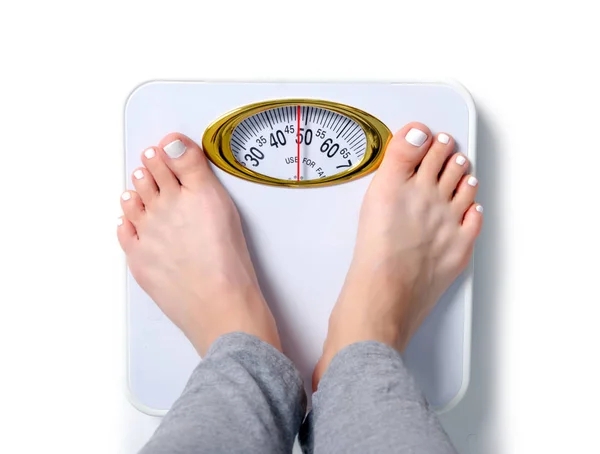
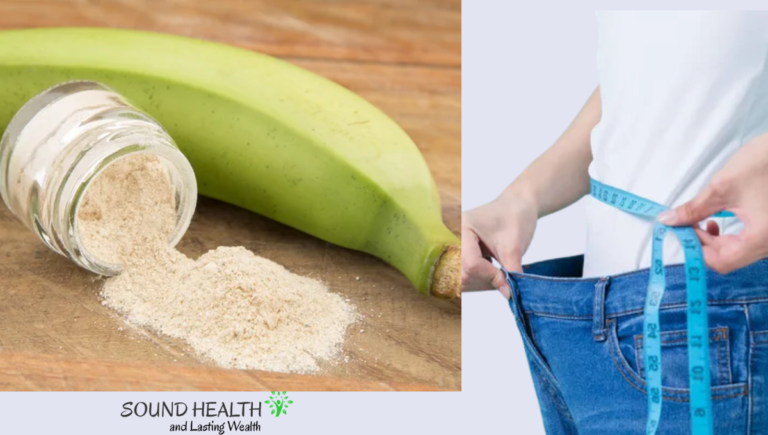
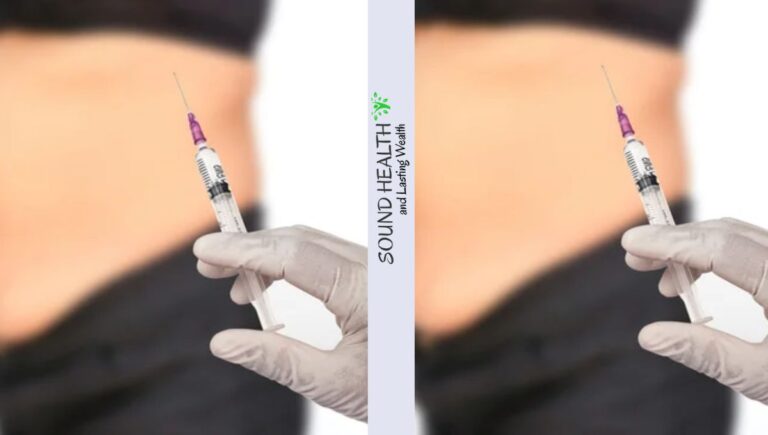
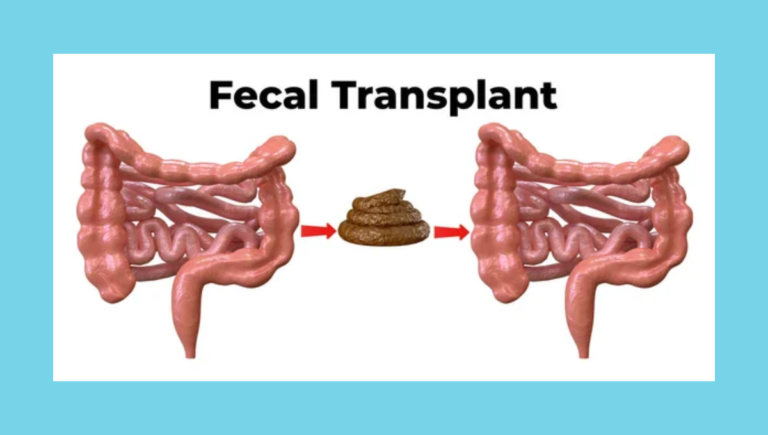


+ There are no comments
Add yours